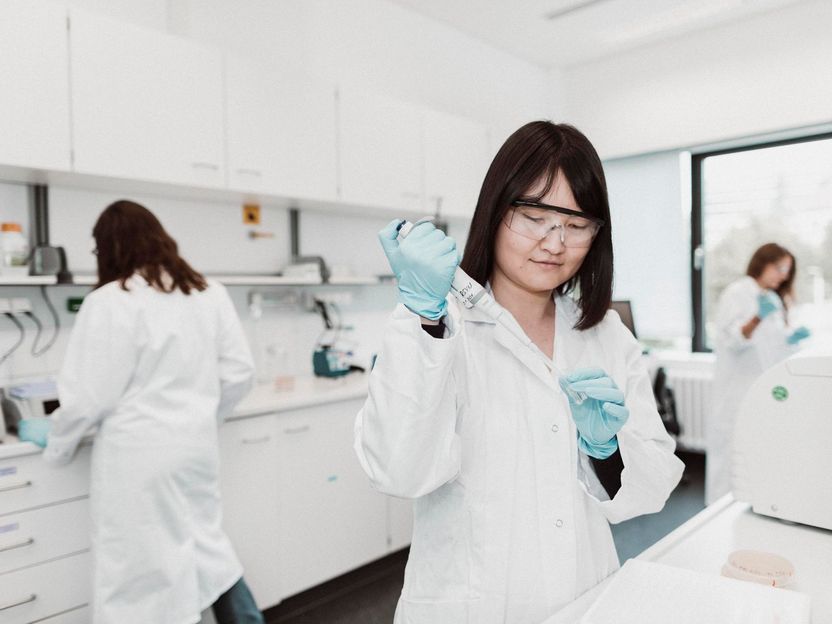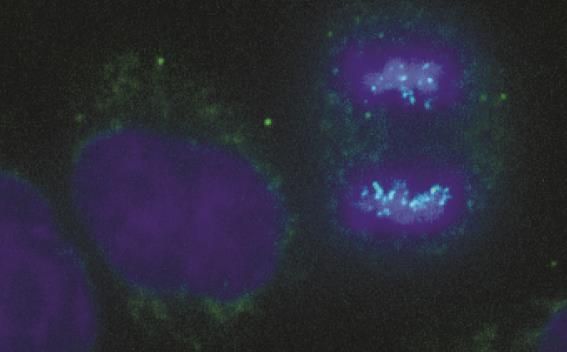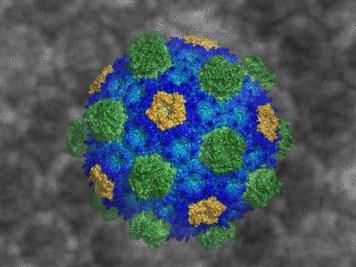Anti-cancer activity of BioInvent's BI-505 demonstrated in animal model
BioInvent International AB announced that new preclinical data has been presented on its BI-505 programme that demonstrates anti-cancer activity in multiple myeloma and beneficial effect on bone density. The results were presented at the American Society of Hematology (ASH) Annual Meeting.
The study was conducted by researchers at the University of Utah, Salt Lake City, USA under the direction of Professor Guido Tricot. Compared to untreated controls, BI-505 treated animals showed a significant reduction (p-value <0.01) of tumour burden induced by primary human multiple myeloma cells as measured by human IgG levels. The active control, bortezomid (Velcade®, Takeda/ Millennium) also showed significant effect (p-value <0.01) over the placebo control.
Svein Mathisen, President and CEO of BioInvent, said: “Current pharmaceutical regimes in multiple myeloma are associated with severe negative side effects. It is our belief that an antibody-based regime would make a meaningful difference in this respect. These preclinical data on the anti-cancer activity of BI-505, well in line with one of the leading cytotoxics, take us one step in that direction.”
A second outcome investigated in the study was bone resorption. This is very important to multiple myeloma patients because, as the disease progresses, lysis, or breakdown, of bone causes increasing pain. This lysis is caused by the shift in balance in favour of osteoclasts, the bone cells in charge of skeletal breakdown, over osteoblasts, bone cells promoting build-up. The study demonstrated that both BI-505 and Velcade had a favourable effect on bone mineral density.
In a previous animal model BioInvent has also shown BI-505 to prolong survival compared to Velcade.
Most read news
Other news from the department research and development

Get the life science industry in your inbox
By submitting this form you agree that LUMITOS AG will send you the newsletter(s) selected above by email. Your data will not be passed on to third parties. Your data will be stored and processed in accordance with our data protection regulations. LUMITOS may contact you by email for the purpose of advertising or market and opinion surveys. You can revoke your consent at any time without giving reasons to LUMITOS AG, Ernst-Augustin-Str. 2, 12489 Berlin, Germany or by e-mail at revoke@lumitos.com with effect for the future. In addition, each email contains a link to unsubscribe from the corresponding newsletter.
Most read news
More news from our other portals
Last viewed contents
Sigma-Aldrich Completes Acquisition of Proligo Group
Thai_massage
Folk_medicine

New CRISPR element regulates viral defense - Mechanism for prioritizing the immune response discovered

Ancient mystery of cell division solved - Göttingen scientists decipher mechanism of chromosome condensation
Pregabalin
Mayo researchers find obesity key - Study reveals mechanism that adjusts fat burning






















































